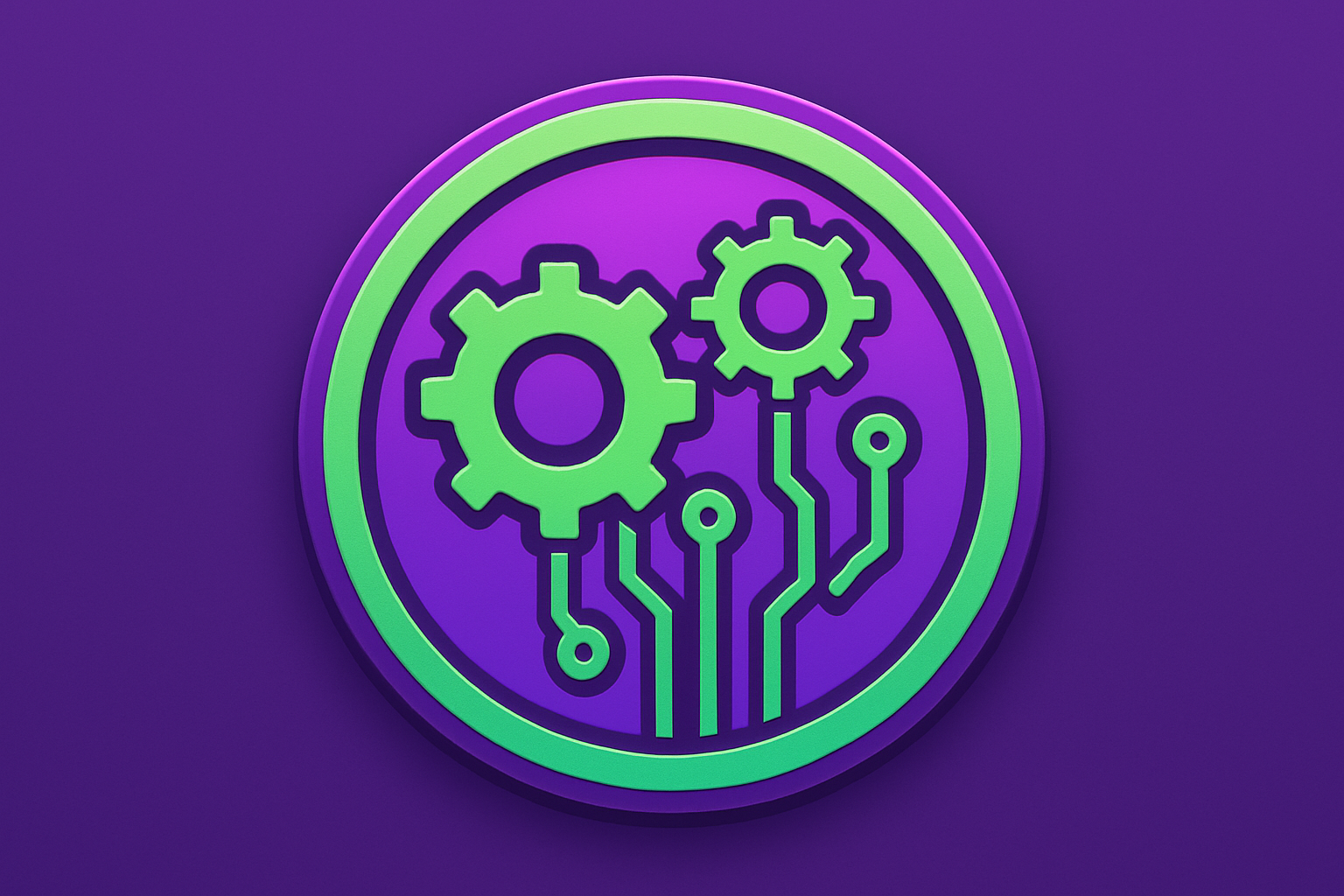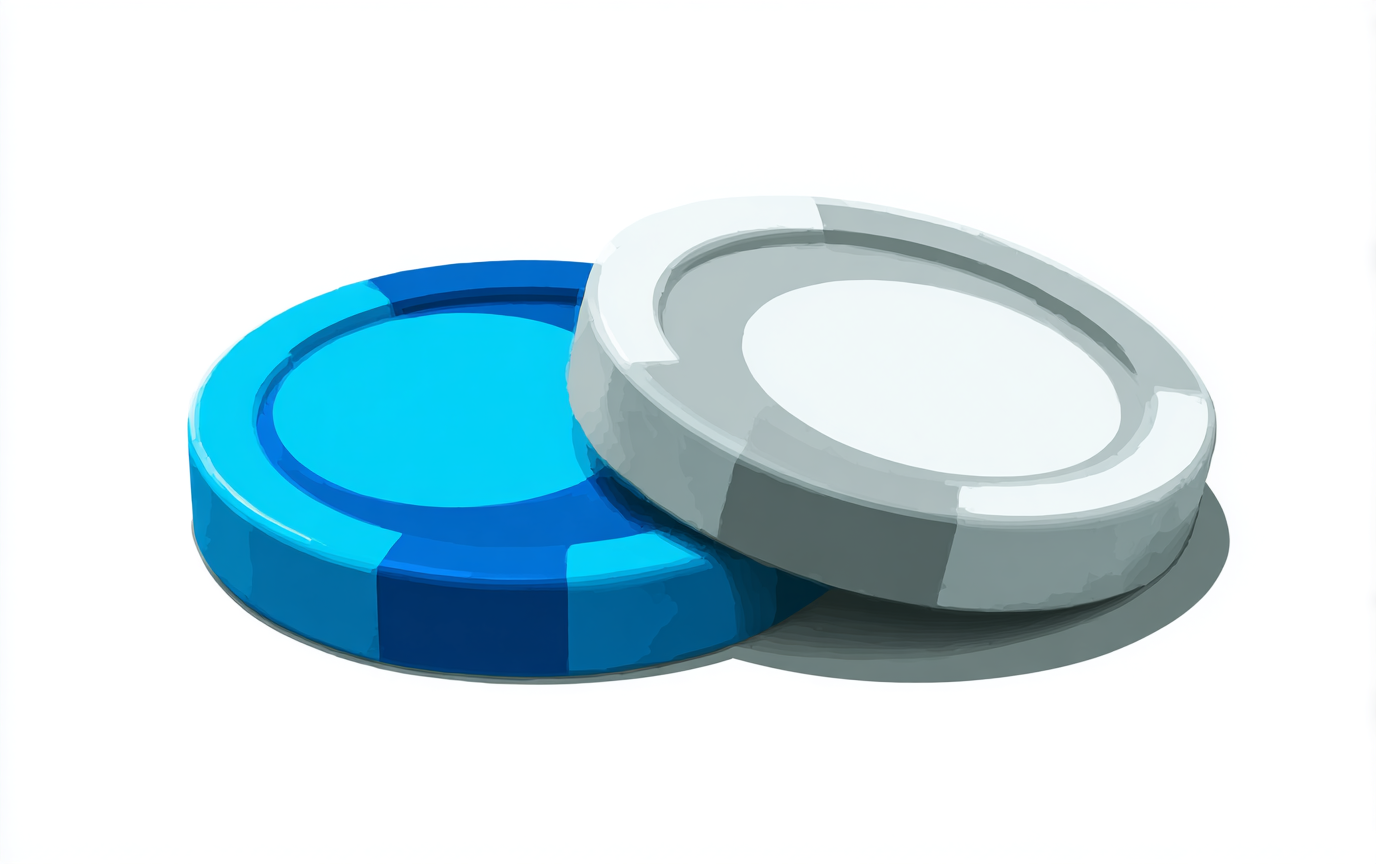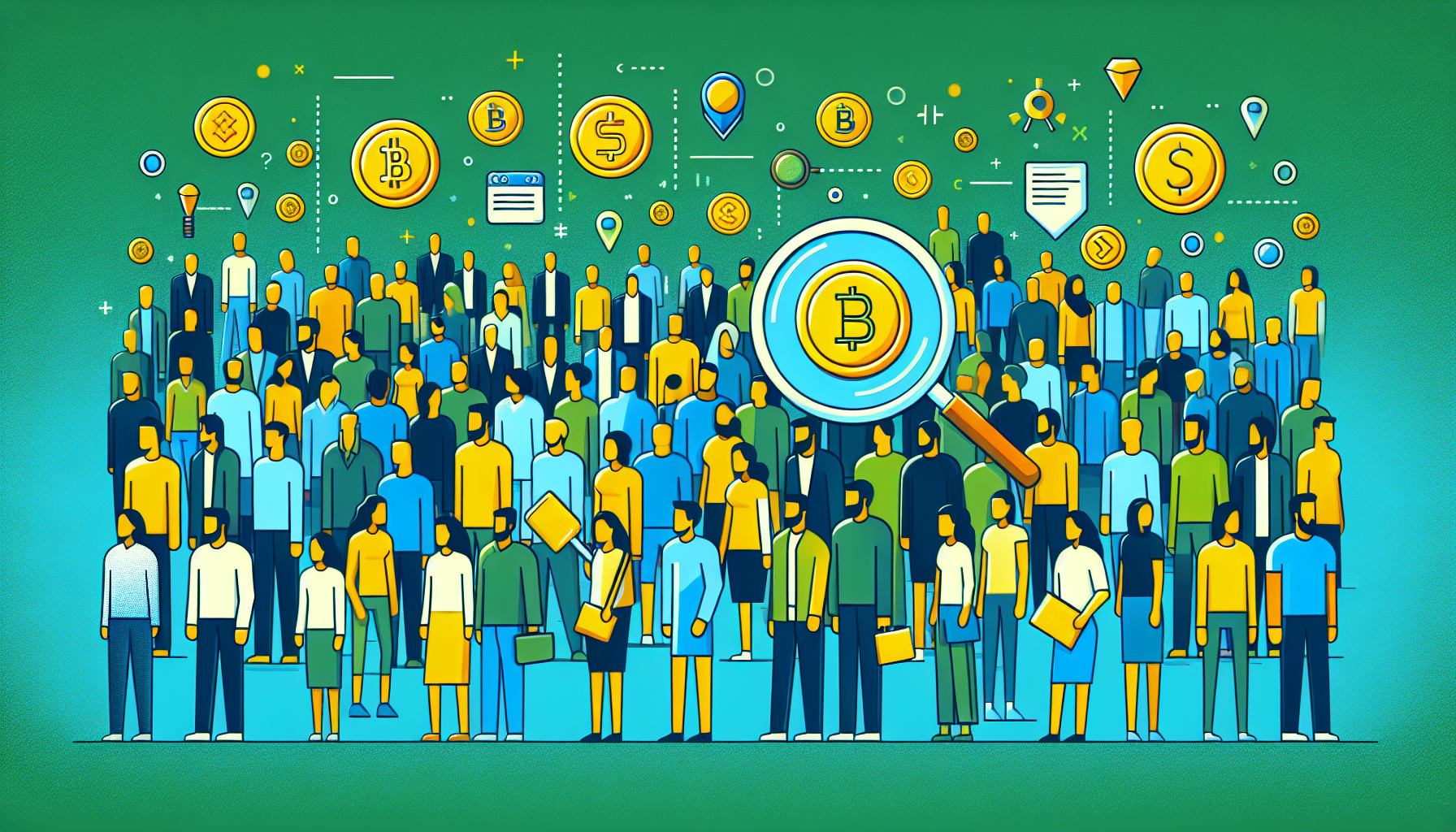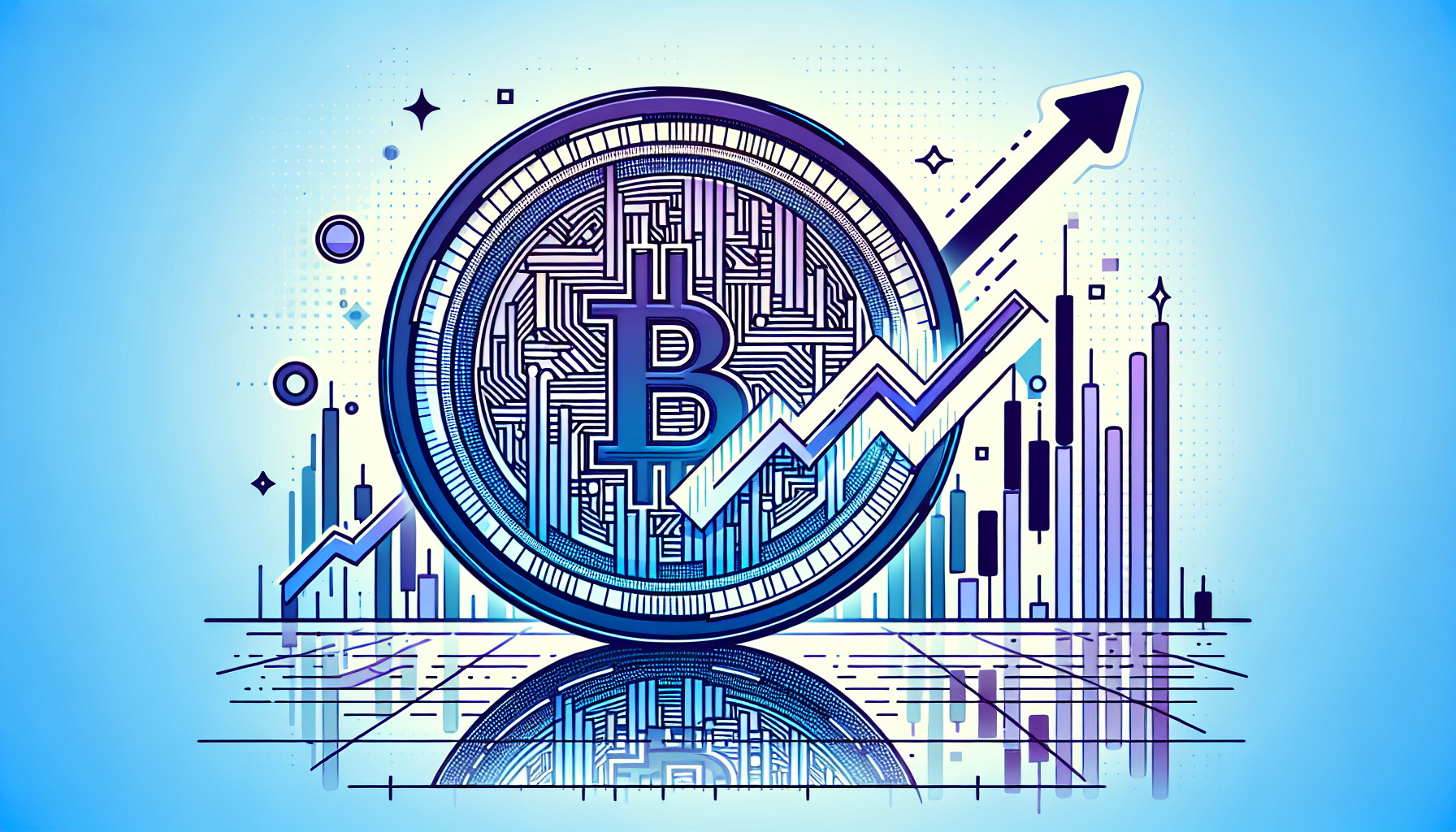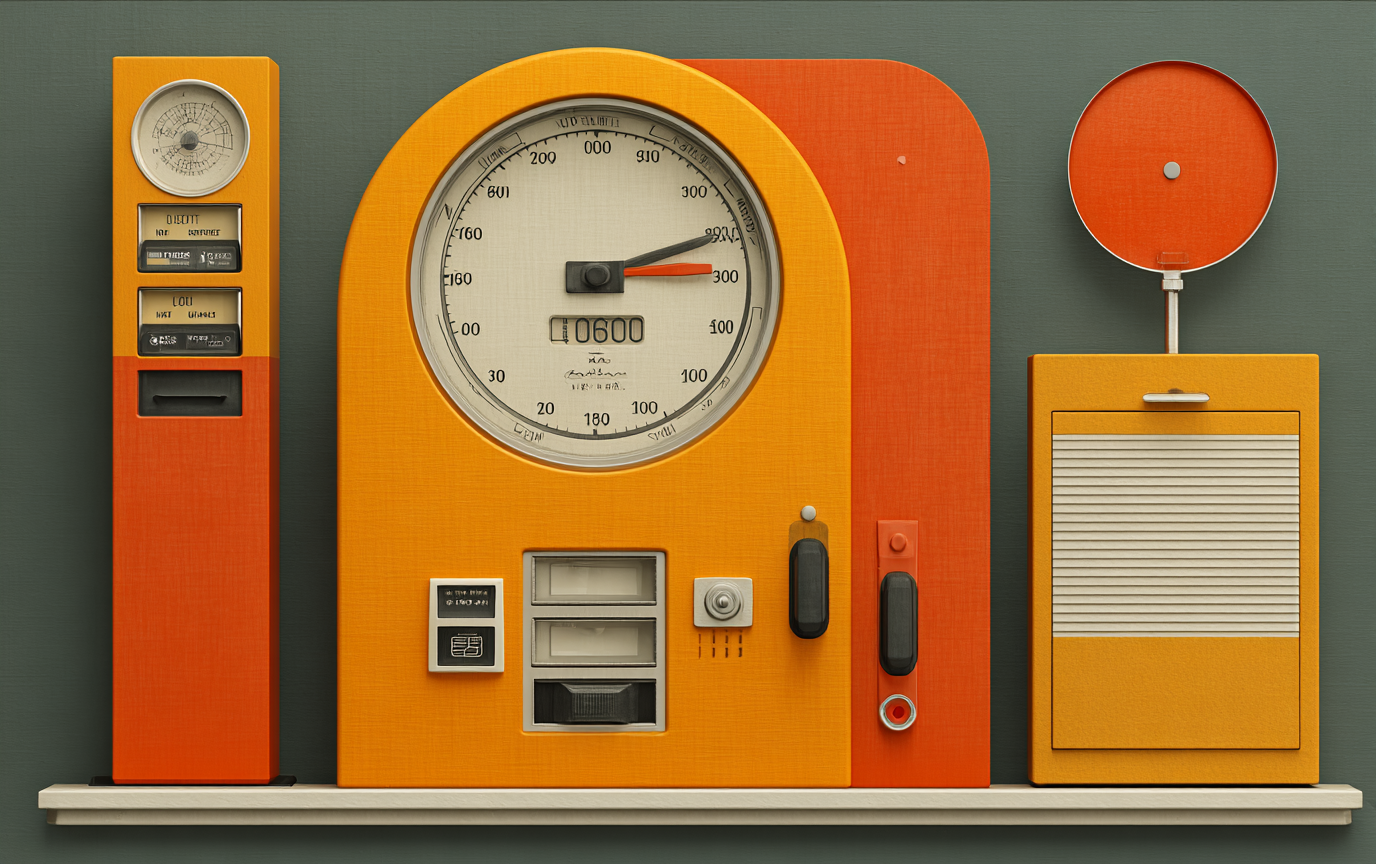Imagine a world where blockchains—those unyielding, transparent ledgers—could only talk to themselves, never accessing what’s happening outside their digital walls. Most real-world applications would simply grind to a halt. Enter the blockchain oracle, an unsung hero of the crypto landscape, quietly bridging the gap between on-chain smart contracts and the ever-changing, data-rich outside world.
In the rapidly evolving domain of cryptocurrency and decentralized technology, understanding how to integrate real-world data with blockchain functionality is essential. This is where crypto oracles come into play. They serve a critical role by providing the necessary data that enables smart contracts to operate effectively. Whether you’re looking at decentralized finance (DeFi), insurance payouts, or even supply chain management, the ability to harness real-time external inputs through oracles is vital for smooth and seamless operations.
So, what exactly is a crypto oracle? This article will take you on a journey to explore the essentials, workings, types, applications, challenges, and future of crypto oracles. If you’ve ever wondered how your smart contract can “know” about the temperature or the stock price, keep reading to discover the fascinating world of these digital bridges.
What is a Crypto Oracle?
A crypto oracle—or blockchain oracle—is a third-party system, process, or service that acts as a data bridge. It fetches, verifies, and delivers real-world information from external sources to the blockchain. This functionality allows smart contracts to execute autonomously based on actual events, prices, or outcomes. Smart contracts, by design, are deterministic: they process information available on the blockchain and follow strict computational rules. However, they struggle to access data from the outside world, which is necessary for countless applications—think insurance payouts triggering after a natural disaster, or sports betting smart contracts distributing winnings after a game ends. Oracles solve this “data problem” by acting as trusted messengers between these worlds. They ensure that smart contracts can react to real-world happenings, thereby unlocking the full potential of blockchain technology.How Do Crypto Oracles Work?
At its core, a blockchain oracle functions as middleware or a specialized API for the decentralized web. Here’s how it works:- Data Query: The smart contract needs external data (e.g., the price of Bitcoin, the outcome of a sports match, or the temperature recorded by a sensor).
- Oracle Activation: The smart contract invokes the oracle’s services, specifying what data is required.
- Off-chain Data Retrieval: The oracle connects to outside sources—news feeds, APIs, IoT devices, or even other blockchains—to retrieve the necessary information.
- Data Validation: The oracle verifies and, if needed, aggregates data to ensure accuracy and trustworthiness.
- On-chain Delivery: The validated data is sent back to the blockchain, where the smart contract uses it to trigger predefined actions.
Types of Blockchain Oracles
There’s no one-size-fits-all oracle. Depending on their function, source, and trust model, oracles can be classified into several types:- Inbound Oracles: Bring external data onto the blockchain (most common).
- Outbound Oracles: Send information from the blockchain to external systems (e.g., triggering payments or unlocking physical devices).
- Software Oracles: Fetch data from online sources (APIs, websites, cloud services).
- Hardware Oracles: Interface with physical devices (IoT sensors, RFID tags).
- Human Oracles: Involve individuals or groups to verify or input data.
- Cross-chain Oracles: Enable data sharing between different blockchains.
- Centralized vs. Decentralized Oracles: Centralized oracles rely on a single source (faster but less secure), while decentralized oracles aggregate data from multiple sources for greater security and reliability.
Real-World Applications
Oracles empower smart contracts to interact with the real world, unlocking endless possibilities:- Decentralized Finance (DeFi): Oracles provide real-time price feeds for assets, enabling automated lending, borrowing, and trading on platforms like Aave, Compound, and Uniswap. Without up-to-date, reliable data, DeFi protocols could not function securely.
- Insurance: Parametric insurance products use oracles to trigger payouts automatically when predefined conditions are met, such as a natural disaster or flight delay.
- Gaming and Gambling: Smart contracts for betting or fantasy sports rely on oracles to verify game outcomes, ensuring fair and transparent payouts.
- Supply Chain: Oracles track goods using IoT sensors, verifying their location and condition as they move through the supply chain.
- Identity and Authentication: Oracles can verify identity credentials from off-chain databases for decentralized identity solutions.
The Oracle Problem: Trust and Security
Blockchain oracles face a unique challenge known as the “oracle problem.” Since blockchains are deterministic and trustless, any reliance on external data introduces a point of vulnerability. If an oracle delivers incorrect or manipulated information, it can lead to incorrect smart contract executions, financial losses, or even system-wide exploits. Solutions to the Oracle Problem:- Decentralized Oracle Networks (DONs): Use multiple oracles to collect and validate data, reducing the risk of manipulation or failure at a single point.
- Reputation Systems: Oracles can be ranked and rewarded based on their accuracy and reliability.
- Cryptographic Techniques: Data can be signed and verified using cryptographic proofs to ensure authenticity.
- Economic Incentives: Oracles may be required to stake funds, which can be slashed if they provide false data.
Trending Projects and the Future
Several notable projects have pioneered oracle solutions:- Chainlink: The most widely used decentralized oracle network, providing secure and reliable data feeds to hundreds of DeFi projects.
- Band Protocol: Focuses on cross-chain data provisioning, ideal for multi-blockchain environments.
- API3: Employs first-party oracles, where data providers run their own oracle nodes, reducing middlemen and trust issues.
- Augur: Utilizes decentralized oracles for event outcome reporting, especially in the prediction market sector.
Conclusion: Why Crypto Oracles Matter
Crypto oracles are the indispensable bridges that connect blockchain’s automated, trustless logic with the messy, unpredictable real world. Without them, smart contracts would be limited to simple, self-contained agreements—unable to react to price changes, real-world events, or external inputs. As the blockchain ecosystem matures, oracles will play an increasingly vital role in enabling trustless, automated interactions across finance, insurance, gaming, supply chain, and beyond. They are not just technical utilities—they are the connective tissue of the next generation of decentralized applications. For anyone exploring the world of blockchain, DeFi, or Web3, understanding crypto oracles is not just helpful—it’s essential. After all, in a world where data is power, oracles are the trusted messengers that keep the decentralized future running smoothly. Final Word The next time your DeFi loan is executed automatically, your insurance payout is triggered without paperwork, or your bet is settled instantly based on real-world outcomes, remember: behind the scenes, a crypto oracle made it all possible. As blockchain technology continues to evolve, the innovation and security of oracles will be key to unlocking its full potential for a truly decentralized, connected world. For more insights on cryptocurrency and trading, visit our Crypto 101, check out Exchange Reviews, explore the latest News, and dive into our Tools and Wallets sections to continue your journey in navigating the fascinating realm of digital currency! Explore Related Articles:- What is Bitcoin Halving?
- How to Prioritize Crypto Spending Goals
- Tips for Keeping Your Private Keys Safe
- How to Research a Cryptocurrency
- Managing Crypto Finances as a Side Hustle





